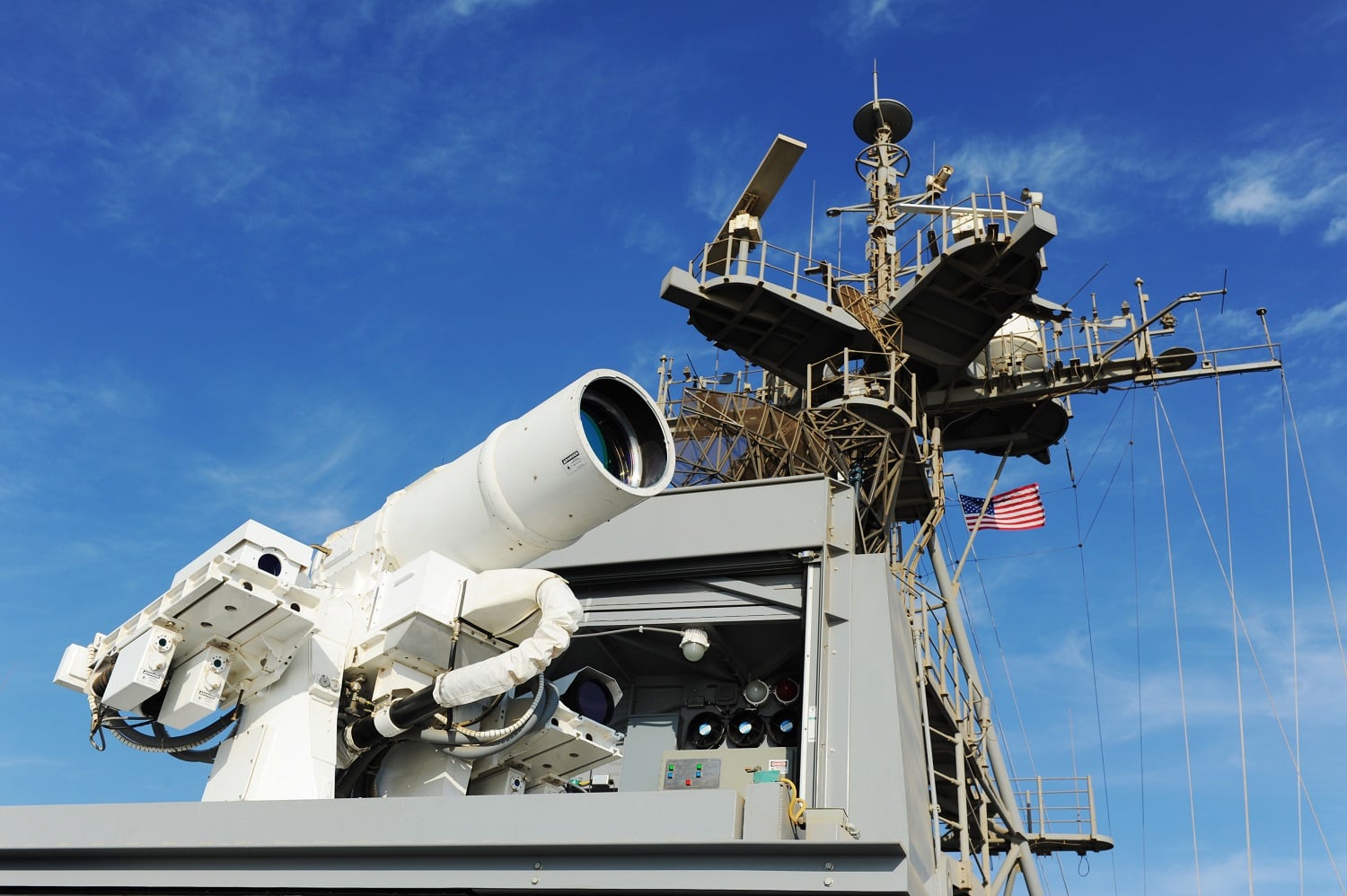In a hearing this week, senators grilled a Defense Department official about what effect U.S. advisers are having on the Yemen conflict if Saudi Arabian allies keep killing civilians with their airstrikes.
“We see the Saudis acting in an indiscriminate manner and our strategy is to give them more bombs, not less,” said Sen. Rand Paul, R-Ky. “I think from a common-sense point of view I think a lot of people would ask, ’why we’re giving them more weapons than less.’”
The current civil war has been raging since 2014. The Iranian-backed Houthi rebel group, predominately from the northwest region of the country and followers of a Shia Islam offshoot, have fought with their predominately Sunni Islam countrymen.
RELATED

In 2015, the Saudi-led military coalition entered the fight and has received several types of aid from the U.S. government.
Experts have called the ongoing war the world’s “largest humanitarian crisis” with millions facing starvation, lack of access to clean water and a cholera outbreak that likely involves more than 1 million people. In March, the Senate voted down a bipartisan resolution to remove U.S. forces from the conflict.
Defense Secretary James Mattis has said he would like to see a United Nations-brokered peace settlement between the factions involved but said that pulling military support would endanger our allies and likely result in more civilian casualties.
Robert Karem, assistant secretary of international security affairs for the Defense Department, explained there are about 50 U.S. military personnel assisting the Saudi military with pilot advising, refueling and intelligence.
He did not disclose the number of personnel participating in a different mission – counterterrorism operations against al-Qaida in the Arabian Peninsula and Islamic State in Yemen.
Chief Petty Officer Ryan Owens, a Navy SEAL, died from wounds sustained in a raid in Yemen against al-Qaida targets on Jan. 29, 2017. Army Staff Sgt. Emil Rivera-Lopez died in an Aug. 25, 2017, helicopter crash off the coast of Yemen.
In a previous interview with Military Times, Air Force Capt. AnnMarie Annicelli, spokeswoman for Air Forces Central Command, said personnel share “best practices” with the Saudi pilots on how to mitigate civilian casualties.
Sen. Ben Cardin, D-Md., raised a more frustrating point, echoed by other senators during the Senate Foreign Relations committee hearing on Tuesday.
“How do you determine that we are effectively reducing the noncombatant casualties if we don’t in fact track the results of the kingdom’s military actions?” Cardin asked.
Karem said the small number of U.S. military personnel assisting the Saudis did not track all the Saudi aircraft missions over Yemen but relied on ground reporting and other intelligence to analyze the effect of bombing missions.
“Saudi and Emirati targeting efforts have improved,” Karem said. “We do not have a perfect understanding but we do get reporting on the ground of what is taking place inside Yemen.”
The larger question loomed as to how effective U.S.-involvement has been in deterring Iranian influence in Yemen as they have backed the Houthi rebels at least since the civil war erupted in 2014.
Karem said that Yemen has become a “test bed” for Iranian military activities.
“Are we less effective than we were six months ago?” Cardin asked. “Are we better today than we were a year ago?”
Paul was not satisfied with Karem’s answers nor the lack of clear strategy to end the conflict.
“I think what we’re doing hasn’t worked and we are partly responsible for the humanitarian crisis,” Paul said.
Karem didn’t answer direct questions on improvements with data but said work to reduce civilian casualties by Saudi pilots is “increasingly effective.”
“I think the Iranians are under more pressure today but their ability to operate remains a significant point of concern for the United States,” Karem said.
Todd South has written about crime, courts, government and the military for multiple publications since 2004 and was named a 2014 Pulitzer finalist for a co-written project on witness intimidation. Todd is a Marine veteran of the Iraq War.




